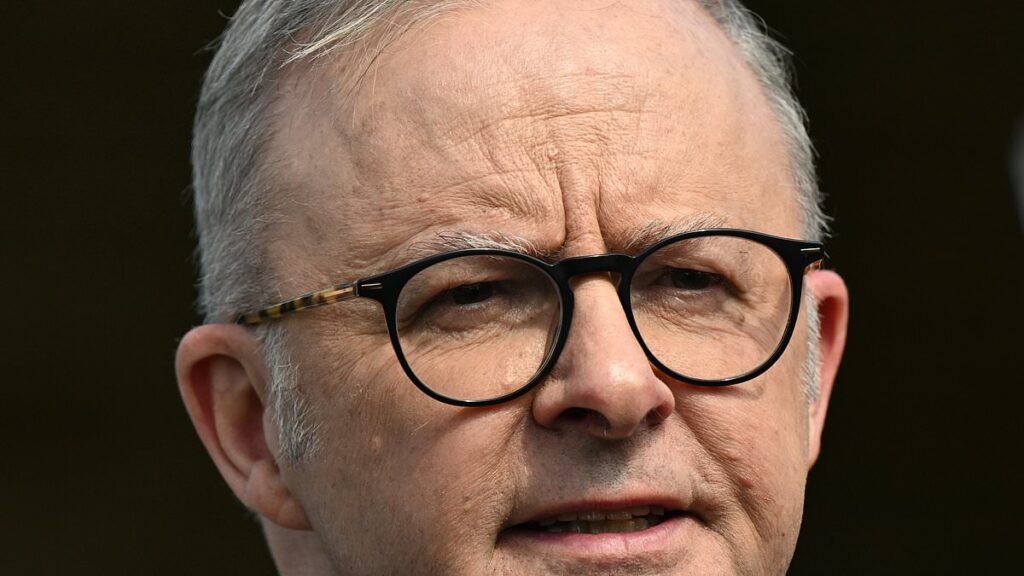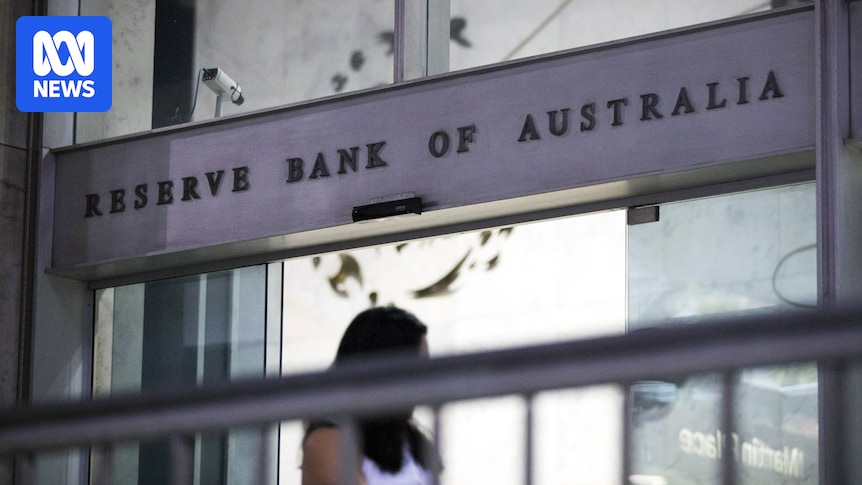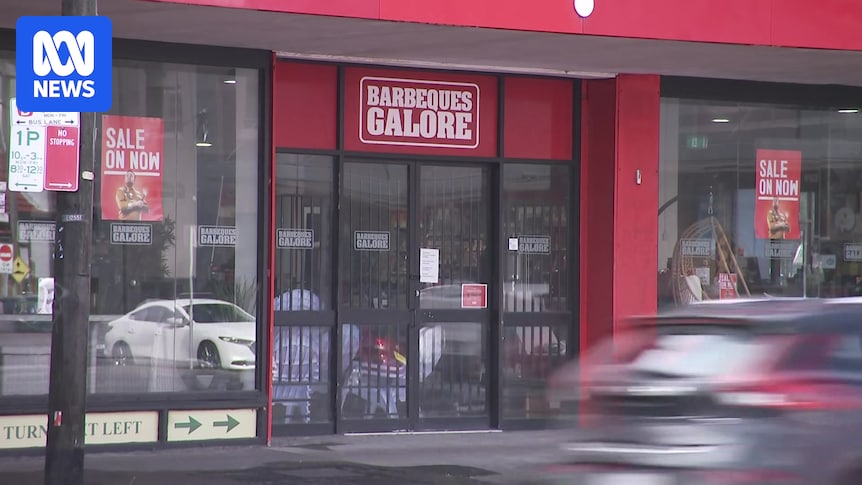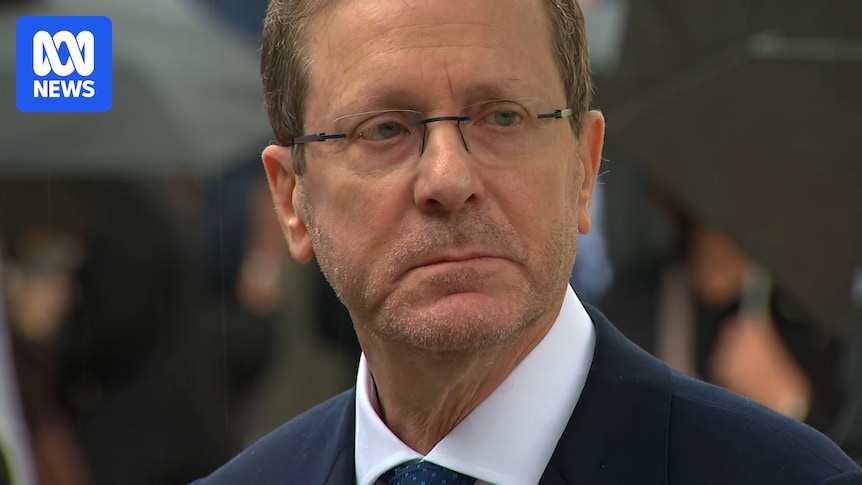
The percentage of Australians satisfied with Prime Minister Anthony Albanese’s performance has surpassed those dissatisfied for the first time in two years, according to a recent Newspoll. Released in The Australian on Monday, the poll indicates that Mr. Albanese’s federal Labor Party maintains a substantial two-party-preferred lead over the Coalition, standing at 56 percent to 44 percent.
This development follows the previous Newspoll conducted in July, which showed Labor ahead by a slightly larger margin of 57 percent to 43 percent. The latest survey reveals that Labor’s primary vote remains unchanged at 36 percent, while the Coalition’s support has increased by one percentage point to 30 percent. The Greens hold steady at 12 percent, One Nation has risen one point to nine percent, and support for independents and minor parties has decreased by two points to 13 percent.
Albanese’s Approval Ratings on the Rise
Prime Minister Albanese’s net approval rating has improved from zero to plus three, with 49 percent of voters expressing satisfaction with his performance compared to 46 percent who are dissatisfied. This marks Mr. Albanese’s first positive net approval rating in a Newspoll since September 2023. In contrast, Coalition leader Sussan Ley’s net approval rating has declined to minus nine, down from minus seven the previous month.
Despite the positive shift for Mr. Albanese, about 21 percent of respondents indicated it is still too early to judge Ms. Ley’s performance. On the question of who would make a better prime minister, 51 percent favored Mr. Albanese, while 31 percent supported Ms. Ley, and 18 percent remained uncommitted—a two-point increase in the latter category since the last Newspoll.
The Newspoll surveyed 1,283 voters online between August 11 and August 14.
Public Opinion Divided on Palestinian Statehood Recognition
Meanwhile, a separate poll conducted by Nine, also published on Monday, reveals a split in voter support regarding the government’s plan to recognize Palestinian statehood. The Resolve poll shows that 36 percent of respondents believe recognition will not impact the Middle East situation, whereas 25 percent think it will. The remaining 40 percent are unsure.
Pollster Jim Reed commented on the findings, stating,
‘The feedback is that this move is largely symbolic, which is not to devalue the power of symbols. But in this case, people don’t think Australia’s actions will make much, if any, difference on the ground in Gaza.’
Australia intends to join France, Canada, and the UK in recognizing Palestine at the upcoming United Nations General Assembly meeting in New York next month. When asked if Australia should wait for Hamas, which controls Gaza, to be replaced or until Palestine acknowledges Israel’s right to exist, 32 percent agreed, while 24 percent said recognition should proceed regardless of the current power dynamics.
The Resolve poll surveyed 1,800 voters between August 11 and August 16.
Implications and Future Outlook
The latest polling data suggests a nuanced landscape for Australian politics. Mr. Albanese’s improved approval ratings may bolster his leadership position, yet the division over international policy, such as the recognition of Palestinian statehood, highlights the complexities facing his administration.
As Australia prepares for its role on the international stage, the government’s decisions will likely continue to influence domestic voter sentiment. The forthcoming UN General Assembly meeting will be a critical moment for Australia to articulate its foreign policy stance, potentially impacting future polls and political dynamics.
Observers will be watching closely to see how these developments unfold and what they mean for the future of Australian politics, both domestically and internationally.






